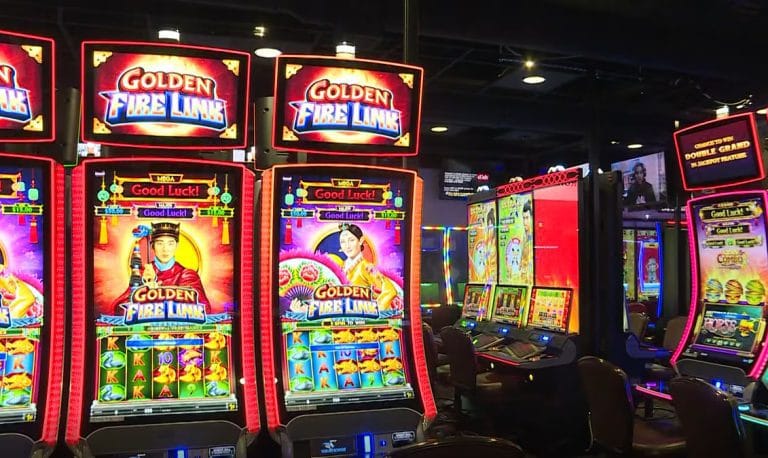🎧 Listen to This Article
A new tax targeting mechanical skill-based gaming machines officially took effect in Nebraska on July 1, 2025, marking a significant change in the state’s approach to gaming taxation.
The new law imposes a 5% tax on the net operating revenue of these machines, which are commonly found in gas stations, cafes, bars, and social halls throughout the state. Unlike games of chance such as keno or bingo, these machines rely on a player’s skill and decision-making, and have become increasingly popular in recent years.
Currently, more than 5,800 machines are registered across Nebraska, and all are subject to the new tax. However, fraternal organizations—such as certain veterans’ groups and community clubs—are exempt under the legislation.
How the Tax Revenue Will Be Allocated
State lawmakers designed the tax to benefit a range of funds and programs:
- 40% of the collected tax revenue will be directed to the Property Tax Credit Cash Fund, aimed at reducing property taxes for Nebraskans.
- 20% will support the Charitable Gaming Operations Fund to help regulate and oversee charitable gaming in the state.
- 10% will go to the Nebraska Tourism Commission Promotional Cash Fund, promoting tourism activities across the state.
- The remaining funds will be split between the State General Fund, the Compulsive Gamblers Assistance Fund, and the cities and counties where the gaming devices operate.
Strict Compliance Deadline
To comply with the new tax law, machine operators must connect their devices to the state’s central monitoring system by July 15, 2025. Machines that fail to connect by the deadline must cease operations immediately, according to state regulators.
This requirement ensures accurate tracking of gaming revenues and allows the state to enforce the new tax effectively.
Revenue Projections and Future Outlook
While no official revenue estimates have been released yet, Brian Rockey, Director of Nebraska’s Charitable Gaming Division, stated that early figures likely won’t be available until October 2025, after the first full quarter of implementation.
“This is a major policy shift for Nebraska’s gaming industry,” Rockey said. “It’s too early to predict exact numbers, but we expect the new tax to provide meaningful contributions to property tax relief and other important state programs.”
A Growing Industry Faces New Regulation
The introduction of this tax signals the state’s growing interest in regulating and benefiting from the rapidly expanding skill-based gaming market. The popularity of these machines has surged in recent years, with many operators touting them as a legal alternative to traditional gambling.
Still, not everyone is pleased. Some business owners argue the tax could reduce customer interest, while others worry about the administrative burden of connecting their machines to the state’s monitoring system.
Key Takeaways for Nebraska Business Owners
- 5% tax now applies to net revenue from skill-based gaming machines.
- Operators must connect machines to the state server by July 15 or face shutdown.
- Tax revenues will fund property tax relief, tourism, charitable gaming oversight, and addiction assistance programs.
- First official revenue reports expected in October 2025.
As more states consider taxing skill-based gaming devices, Nebraska’s approach is being closely watched by both industry groups and policymakers nationwide. For now, operators and patrons alike are adjusting to the new regulatory landscape, which ties recreational gaming more directly to public benefit programs.
For further details, clarification, contributions, or any concerns regarding this article, please get in touch with us at editorial@tax.news. We value your feedback and are committed to providing accurate and timely information. Please note that our privacy policy will handle all inquiries.



